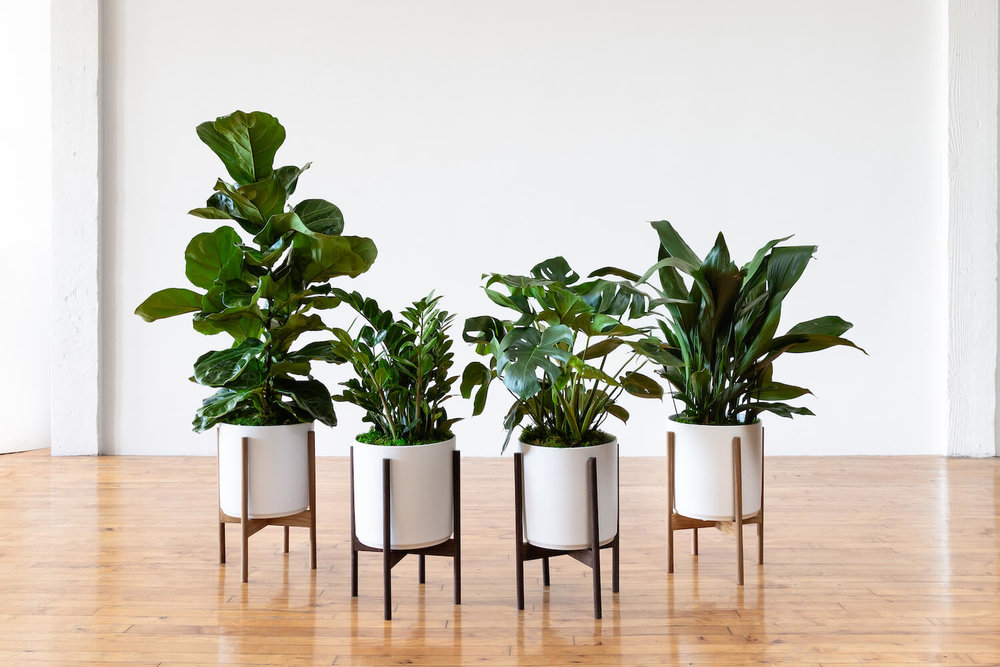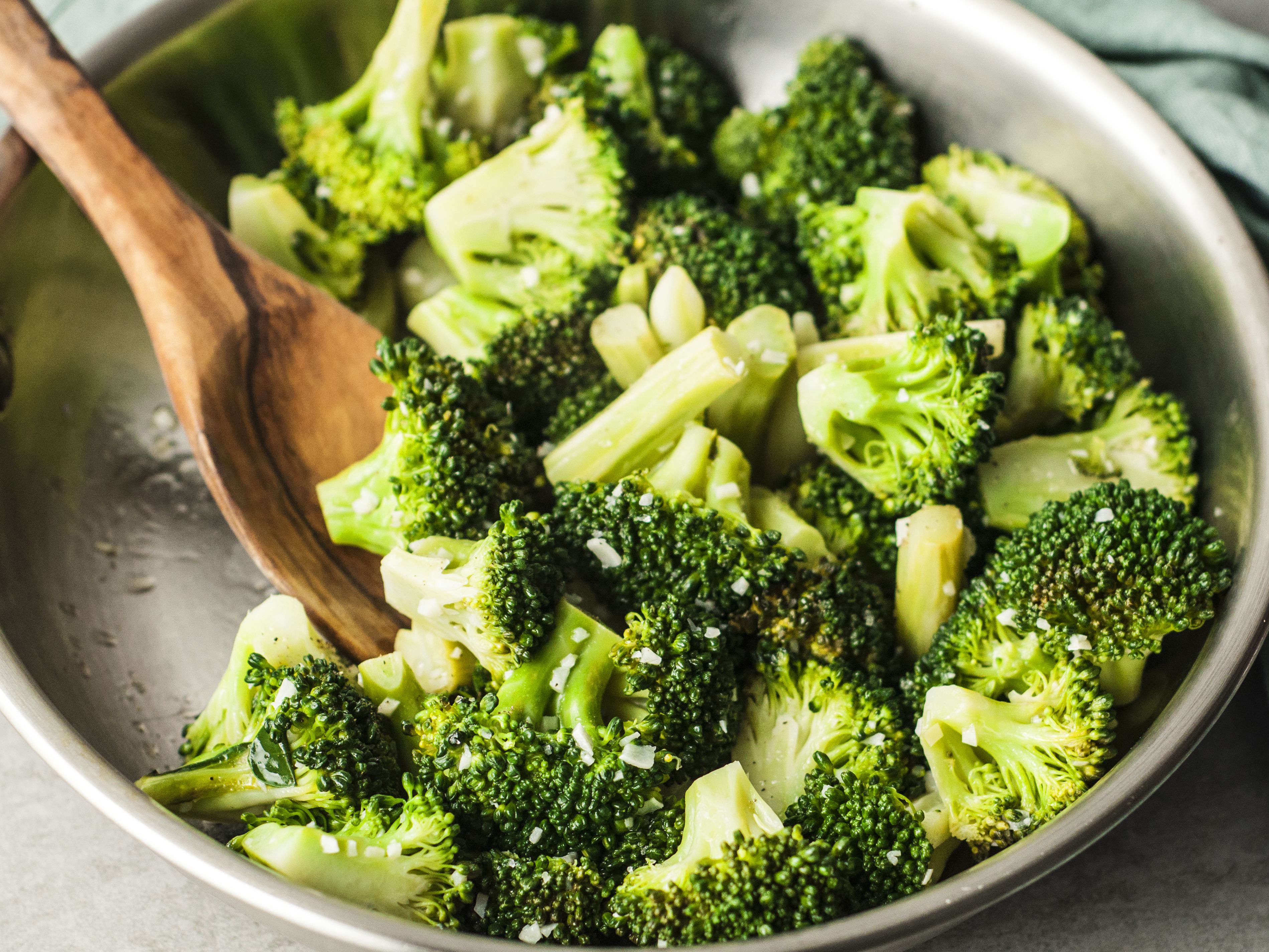By Dr. Tal Friedman
Head of Naturopathic and Research & Development Specialist
Chiva-Som International Health Resort, Hua Hin, Thailand
UNTIL it is in the news, most of us may spend a lot of time thinking about the quality of the air we breathe. Although mostly invisible to the naked eye, the air we breathe is full of particulate matter (PM); chemicals, soil, smoke, dust or allergens.
As the quantity of PM increases we create that hazy smog that builds and lingers over our cities. Major components of this smog include sulfates, nitrates, ammonia, black carbon, and mineral dust.
When these particles are small enough they can penetrate deep into our lungs. Some particles can be so small that they can even pass into our bloodstream. These particles can cause damage, increase inflammation and lead to much more serious lung and heart problems over time.
Therefore, here are a few important things you can do to safeguard your health.
No.1 Changing air filters

Make sure to keep the air filters at home, and at work if possible, clean. Replace when necessary and see if HEPA or better filters are available for your HVAC system. Filtrete rolls are an option to add to an existing system. Keep in mind that the finer the filter, the harder your systems fan will have to push.
No.2 Clean more often

Vacuum and clean up dust often. Daily if your neighborhood air is very polluted and you have young children, older folks or those with medical conditions. Much of this dust is brought in from the outdoors and then recirculates inside your home. Doing a quick cleaning inside can improve indoor air quality.
No.3 Get some plants

Get some household plants. There have been a couple of studies looking at the ability of plants to accumulate PM. Its seen that leaves with greater amounts rougher surfaces collected and accumulated greater amounts of PM. Epipremnum aureum (also called money plant, devils vine, devils ivy) is a good choice as the texture of the leaves has been shown to collect more PM than similar plants, but most plants with big rough leaves are good choices.
No.4 Avoid strong fragrance

Avoid fragranced products like air fresheners, laundry detergents, etc. These contain volatile organic compounds (VOCs). VOCs can irritate the eyes, nose, throat and lungs. VOCs are also more commonly found indoors than outdoors. When outdoor air quality is poor it would be wise to limit exposure to VOCs when we are indoors.
No.5 Eat more broccoli
Eating broccoli can help your body fight inflammation and expel pollutants.

In one study, researchers randomly assigned people to drink a broccoli sprout drink or a placebo drink in an industrial part of rural Qidong China. Qidong residents breathe high levels of pollutants like benzene. After drinking the broccoli sprout drink, people passed significantly more benzene out through their urine.
In another study researchers randomly assigned smokers to eat a portion (250g) of steamed broccoli or a placebo diet for 10 days. On the days when they ate broccoli, the smokers had significantly lower levels inflammation markers in their blood. That inflammation is triggered by air pollution.
You can do some if not all of the above to get some relief. Taking some simple precautions can help boost air quality in your home and improve your health. - DagangNews.com










